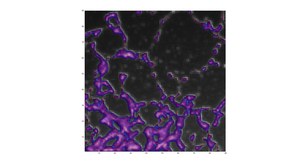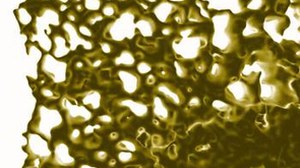Forschungsphilosohie
Folgender Text über die Forschungsphilosophie unserer Arbeitsgruppe ist nur auf Englisch verfügbar:
The MOSAIC Group is an example of trans-disciplinary creativity, combining expertise from computer science, mathematics, engineering, physics, and biology. This enables broader coverage of the literature and allows innovative solutions that involve expertise from more than one discipline, exploiting conceptual links between seemingly disconnected disciplines.
 © MPI-CBG
© MPI-CBG
Forschungsphilosohie
Folgender Text über die Forschungsphilosophie unserer Arbeitsgruppe ist nur auf Englisch verfügbar:
The MOSAIC Group does research in scientific computing for systems biology. We combine expertise from applied mathematics, computer science, physics, and biology in order to develop computational methods and algorithms that allow addressing questions in cell and developmental biology that could not easily be addressed otherwise. We focus on methods for spatiotemporal simulations of biological models in realistic geometries, and for bio-image analysis.
Our work follows a co-design approach where the biological question stimulates methodological developments, which -- together with our collaborators -- we in turn directly apply to the biological system in order to demonstrate the suitability of the new method and help advance biology. This provides a stimulating, dynamic, and multi-disciplinary environment that has allowed us to make contributions to both the fundamentals of scientific computing and to several biological applications
Our research in scientific computing is focused on particle methods. We develop theory and algorithms for particle methods covering the entire workflow of image-based systems biology: image reconstruction and segmentation, numerical simulations in image-derived geometries, as well as systems identification and model validation against experimental data.
Computation is a unifying concept in science and engineering. From mechanics and fluid dynamics over energy technology to digital product design, computational approaches are revolutionizing the research and development cycles. In the sciences, computation is the third pillar of research, alongside theory and experiments. Computational methods are transforming the discovery cycle, introducing unprecedented capabilities and enabling cost-effective virtual experiments where everything is fully observable and controllable. This leads to novel discoveries in that were not possible before. The complexity of natural systems, however, constantly challenges the capabilities and the robustness of computational methods, and in turn inspires development in scientific computing. Our research helps establish computation as an integral part of the life sciences.




